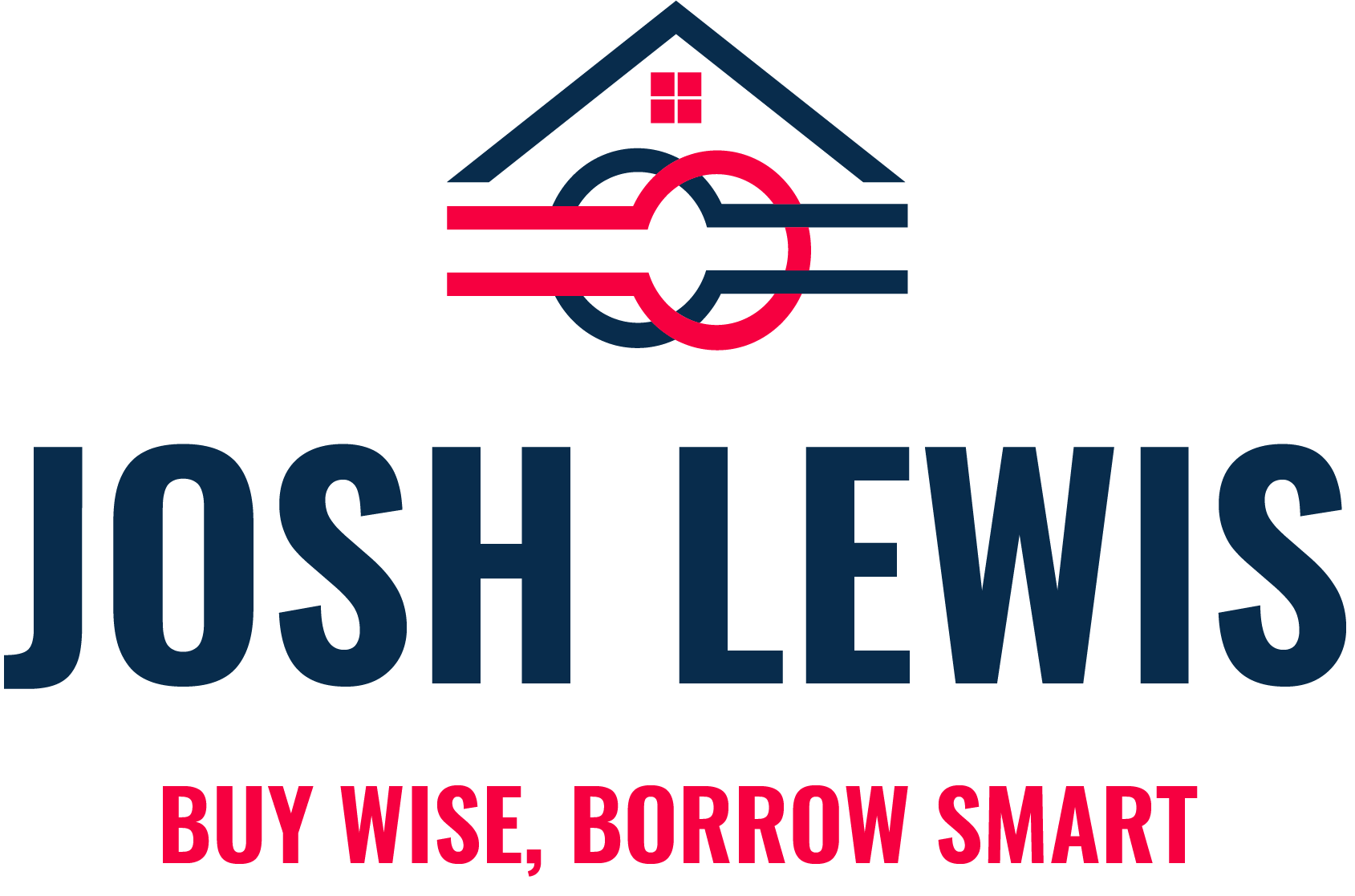Refinance With Josh Lewis
Navigate Your Home Refinance With Ease
At BuyWise mortgage, our goal is to empower you with the knowledge of your different financing options so you can decide on the home that is right for you. Our loan programs are straightforward and allow you to pick the offer that is best for you. Our lending services have allowed thousands of clients to become homeowners.
Refinancing Your Current Home Loan Gives You The Option To:
1. Take Cash Out
Leverage your investment and use the equity your house has gained over the years
2. Lower Your Payment
As an established homeowner, you can improve your financial security by refinancing to a lower payment
3. Shorten Your Loan Term
Refinance into a shorter term, so you can pay off your mortgage sooner
What's Next?
Schedule a quick call
We’ll answer all your questions, learn about your property and current loan and help clarify your goals with your new mortgage.
Complete Your Application
Complete our quick online application and securely upload your supporting documents.
Review Your Loan Options
In a call or online meeting, we’ll review and compare the loan programs you qualify for before selecting the optimal mortgage for you.
Select a Loan and Open Escrow
Once you choose a loan program, we’ll coordinate with escrow, title and the appraiser to prep your file for underwriting.
Underwriting
With a complete package, we’ll submit to underwriting and have full loan approval typically within 5-7 days.
Close Escrow
Once all underwriting conditions are cleared, we’ll prepare loan docs for you to sign for a successful, on time closing.
Enjoy Your New Loan!
We're Here to Answer Your Questions
Frequently Asked Questions
-
What is refinancing?
Refinancing is the process of replacing your existing mortgage with a new one. This can be done for a variety of reasons, such as to get a lower interest rate, to shorten your loan term, or to get a cash-out refinance.
-
When is it a good time to refinance?
The best time to refinance is when interest rates have fallen significantly since you took out your current mortgage. This will allow you to save money on your monthly payments and pay off your loan faster.
-
What are the benefits of refinancing?
There are many benefits to refinancing, including:
Lower interest rates: If interest rates have fallen since you took out your current mortgage, you can save money on your monthly payments by refinancing.
Shorter loan term: You can shorten your loan term by refinancing, which will allow you to pay off your mortgage faster and save money on interest.
Cash-out refinance: A cash-out refinance allows you to borrow money from your home equity. This money can be used for a variety of purposes, such as home improvements, debt consolidation, or college tuition
-
What are the costs of refinancing?
There are a few costs associated with refinancing, including:
Closing costs: These costs can vary depending on the lender, but they typically range from 2% to 6% of the loan amount.
Prepayment penalties: Some lenders charge a prepayment penalty if you pay off your loan early.
Interest rate lock-in fee: Some lenders charge a fee to lock in your interest rate.
-
What are the different types of refinancing?
There are several different types of refinancing, including:
Rate and term refinance: This type of refinance allows you to get a lower interest rate and/or a shorter loan term.
Cash-out refinance: This type of refinance allows you to borrow money from your home equity.
Home equity loan: A home equity loan is a type of second mortgage that allows you to borrow money against the equity in your home.
Home equity line of credit (HELOC): A HELOC is a revolving line of credit that allows you to borrow money against the equity in your home.
-
How do I get started with refinancing?
To get started with refinancing, you will need to contact a lender and get pre-approved for a loan. The lender will review your financial situation and let you know how much you can afford to borrow and what your monthly payments will be.
-
What are the requirements for refinancing?
The requirements for refinancing vary depending on the lender, but they typically include:
Good credit: Most lenders require a credit score of at least 620 for a refinance.
Adequate income: You will need to have a steady income that is sufficient to cover your monthly mortgage payments.
Enough equity in your home: Most lenders require you to have at least 20% equity in your home for a refinance.
-
What is the process for refinancing?
The process for refinancing typically takes a few weeks. Once you have been pre-approved for a loan, you will need to gather the necessary paperwork and submit it to the lender. The lender will then review your paperwork and issue a closing disclosure. This disclosure will show you all of the terms of the loan, including the interest rate, closing costs, and monthly payments. Once you have signed the closing disclosure, the lender will fund your loan and you will be able to close on your refinance.
-
What are the risks of refinancing?
There are a few risks associated with refinancing, including:
Closing costs: Closing costs can be expensive, so you will need to make sure that you will save enough money on your monthly payments to offset the costs of refinancing.
Interest rate fluctuations: If interest rates rise after you refinance, you could end up
-
What are the alternatives to refinancing?
There are a few alternatives to refinancing, including:
Make a lump-sum payment: If you can afford to make a lump-sum payment on your mortgage, this can help you save money on interest and pay off your loan faster.
Increase your monthly payments: If you can afford to increase your monthly payments, this can also help you save money on interest and pay off your loan faster.
Get a home equity loan or line of credit: A home equity loan or line of credit can be used to consolidate debt, make home improvements, or pay for other expenses. However, keep in mind that these loans come with interest rates that are typically higher than your mortgage rate.
Wait until interest rates fall: If you are not in a hurry to refinance, you can wait until interest rates fall. This could save you money on your monthly payments and help you pay off your loan faster.
It is important to weigh the pros and cons of each alternative before making a decision. If you are not sure which option is right for you, it is a good idea to talk to a financial advisor.
REACH OUT TO JOSH LEWIS
Do You Have Mortgage Questions?
Let's chat! During this initial consultation, we'll learn more about your situation and what you're seeking in a home or loan. We'll provide advice and address any concerns you may have, in order to determine the best approach to achieving your goals. By the end of our conversation, we'll have a solid plan of action and next steps for moving forward.


JOSH LEWIS
Buywise Mortgage
NMLS #234220
714-916-5727
josh@buywisemortgage.com
2130 Main Street, Suite 290 Huntington Beach, CA 92648 NMLS#1942
All information provided is deemed reliable but is not guaranteed and should be independently verified. This website and its affiliates make no representation, warranty or guarantee as to accuracy of any information contained on this website. You should consult your advisors for an independent verification of any properties or legal advice.

BuyWise Mortgage. All Rights Reserved. Licensed In CA
Made with ❤️ by Liftoff Agent in the USA.

